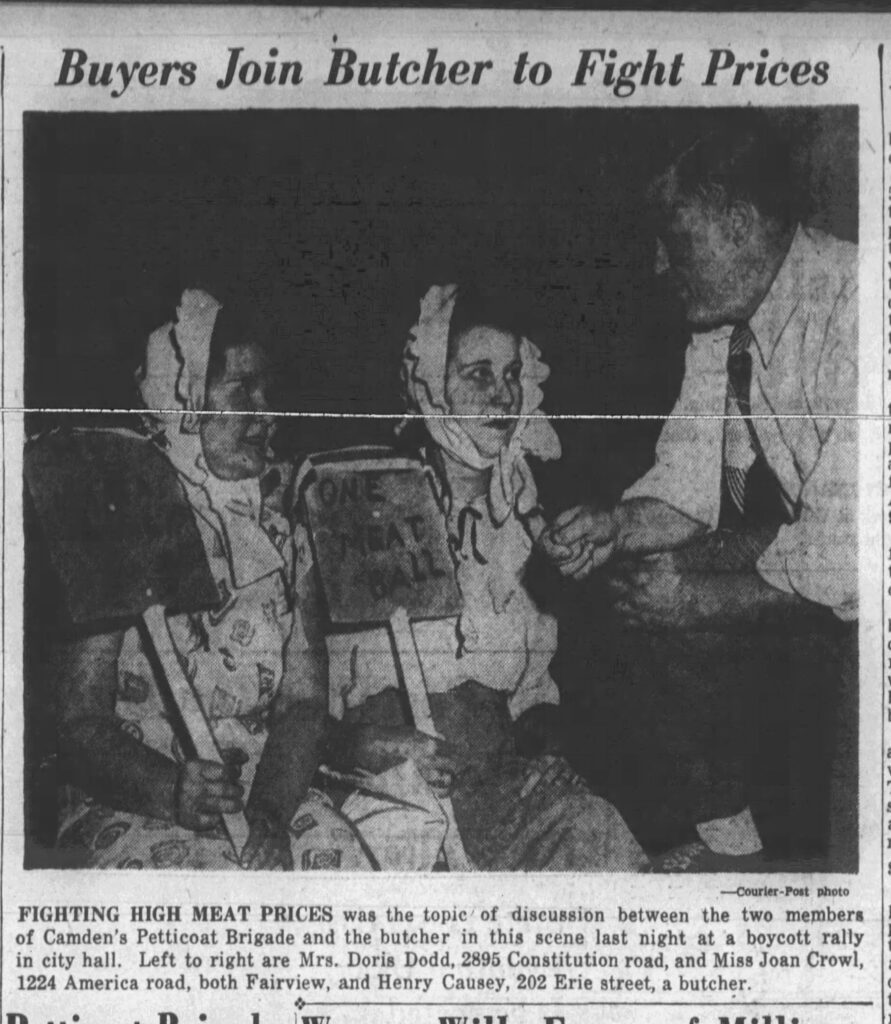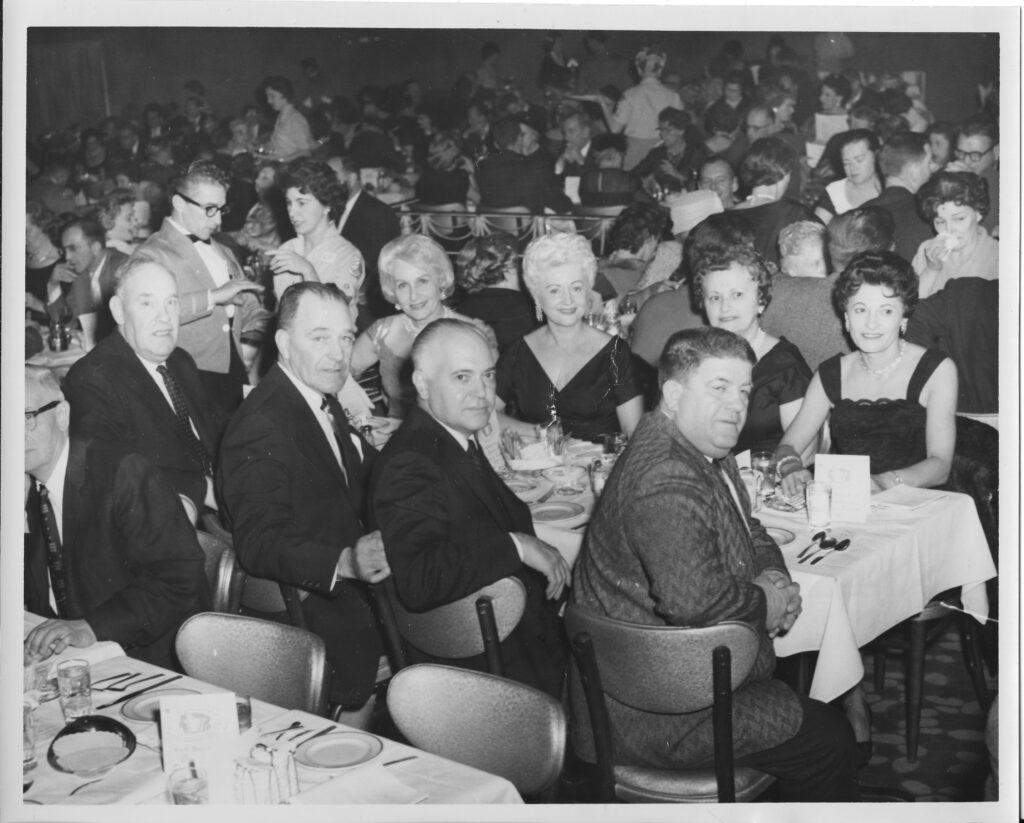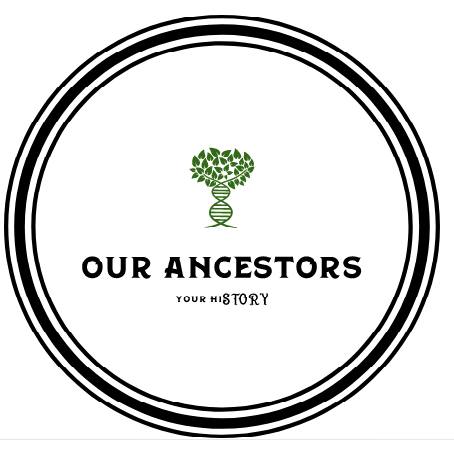Frequently Asked Questions
Curious about your family history? Whether you’re just starting out or you’ve hit a roadblock in your research, I can help uncover the stories of your ancestors. Below are some common questions about genealogical research and DNA analysis. If you don’t see your question here, feel free to reach out—I’d love to help you on your journey!
What can I expect out of my first hour of genealogy research?
For $40, the first hour typically includes:
- Two generations of records (birth, marriage, and death).
- Immigration records (if available).
- Places of residence/origin tracking.
- Names of parents, siblings, spouses, and/or children when possible.
- Occupational history from census or city directories.
- Military records and newspaper articles, when accessible.
After this initial research, I’ll have a better idea of what other records may be available, and we can continue piece by piece based on your goals.
How can you help me understand my DNA results?
If you’ve taken a DNA test, I can help you:
- Identify and verify parentage using genetic matches.
- Explore ancestral regions and migration patterns.
- Navigate DNA tools to connect with unknown relatives.
- Use health-related DNA tools to interpret inherited traits and medical insights.
Each DNA case is unique, so I provide tailored guidance to help you get the most out of your results.
What if I hit a “brick wall” in my family research?
Genealogy research can sometimes hit dead ends due to missing or destroyed records. However, I use:
- Alternative records, such as probate files, land deeds, and local histories.
- DNA evidence to explore family connections beyond traditional paper trails.
- Newspaper archives for obituaries and local stories that provide clues.
If a particular ancestor proves difficult to trace, I’ll outline potential next steps and available resources.
How far back can we trace my ancestry?
The ability to trace your ancestry depends on several factors, including record availability, location, and historical events. Generally:
- U.S. records can often go back to the 1700s, sometimes further with land or military documents.
- European ancestry may extend to the 1600s with church and civil records.
- Non-European ancestry depends on location and historical record-keeping.
The best way to determine how far back we can go is to start with the available records and build from there.
What information do you need from me to start?
To begin your research, I’ll need as much detail as you can provide, including:
- Full names of ancestors (including maiden names if known).
- Dates & locations (birth, marriage, death, immigration, or residences).
- Family stories or details that might provide research clues.
- Any existing research or DNA test results if applicable.
Even small details can be valuable in uncovering more about your family history!
“Deep within us all is a longing to know where we come from—to trace the footsteps of those who came before us, to understand their struggles, their triumphs, and how their story shapes our own.”

Discover Your Family’s Hidden Stories
Unlock the secrets of your ancestry with our expert genealogy services, tailored to help you trace your roots and build your family tree.

